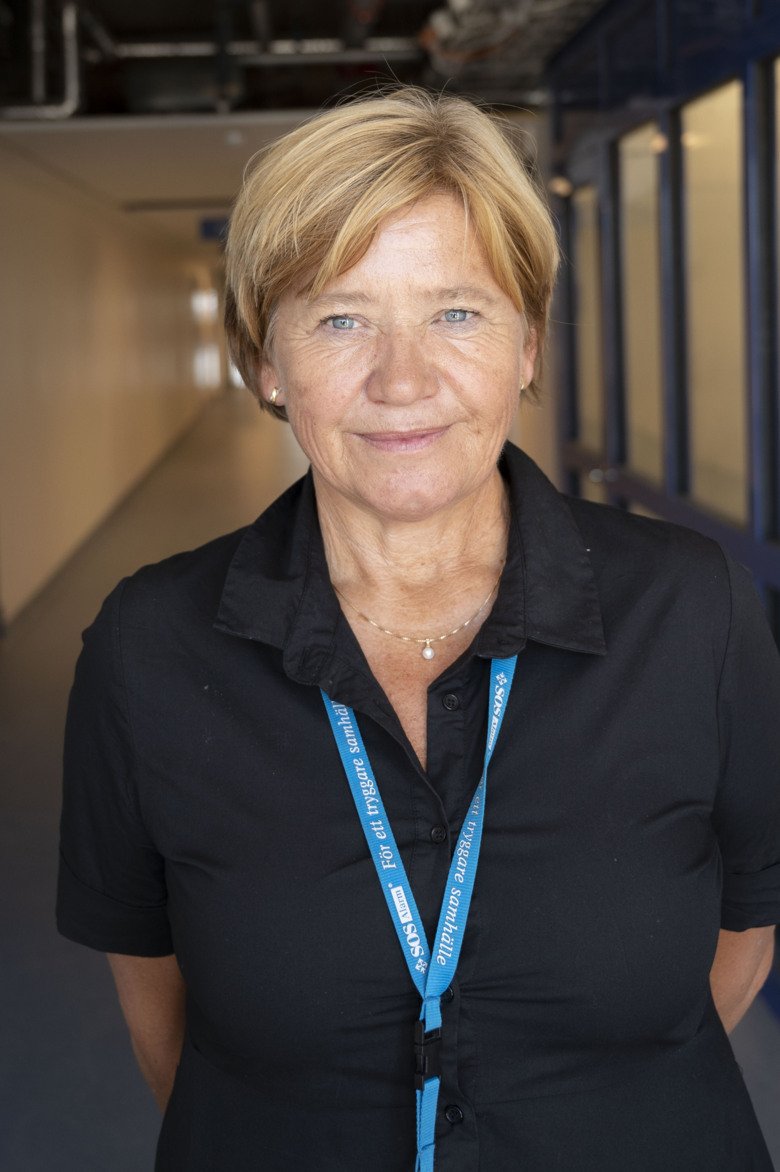Studying care and support for children with allergies
Inger Kull is engaged in research focusing on children and young people’s allergies and the patient’s transition from paediatrics to adult care. Much of her research is linked to the BAMSE Project she co-founded 26 years ago.

What are you researching?
“I conduct research concerning aller-gic diseases in children and young people. Initially, my research was primarily focused on the causes of allergies, however in recent years I have largely moved toward studying what it is like to have an allergic disease and how we can improve the care for these patients. I am especially interested in the transition from being a paediatric to an adult patient. This includes both the patient’s own personal development and maturity as well as organisational issues regarding the transition from paediatrics to adult primary care. The importance of preparing and helping patients take that step is often overlooked in healthcare.”
You are participating in and leading the BAMSE Project. What is this?
“The BAMSE – Children, Allergy, Milieu, Stockholm, Epidemiology – Study is a birth cohort that we established in 1994 for the purpose of studying asthma, allergies and lung function in children. More than 4,000 people born between 1994 and 1996 are included and a high proportion of them still participate when we do follow-ups. BAMSE has had, and continues to have, great importance, with data that forms the basis for more than 200 scientific publications. Most of my research today is still based on data from the BAMSE Project. My most notable finding is that babies who receive only breast milk for a minimum of four months are less likely to develop asthma than those who are breastfed for a shorter period of time.”
What are your plans for the future?
“I look forward to soon expanding my research group so that we can do more, however we will maintain our current focus. When it comes to research on transition, we are planning for an intervention to strengthen the patient and facilitate the step from paediatrics to adult care. Our hope is that we can continue to follow the BAMSE cohort, the members of which are now entering childbearing age and whom we still have a lot to learn from. I will also continue teaching, which is a large and very important part of my professorship and something I feel very strongly about.”
Text: Anders Nilsson, first published in the booklet From Cell to Society 2020.
About Inger Kull
Professor of Health Care Science at the Department of Clinical Science and Education, Södersjukhuset
Inger Kull was born in Stockholm in 1958 and received her education from Årstaviken Nursing School, graduating in 1979. Inger Kull has specialist training as a paediatric nurse 1985 and district nurse 1991. In 2005 she defended her doctoral thesis at KI’s Institute of Environmental Medicine, and in 2013 became an associate professor.
Inger Kull has worked with the BAMSE cohort since the start in 1994, initially as a research nurse, and today as Co-PI. For the years 2005–2014 she has served as the Chairperson of the Swedish Asthma, Allergy and COPD Nurses Association (ASTA).
Inger Kull was appointed Professor of Health Care Science at Karolinska Institutet on January 1, 2020.
